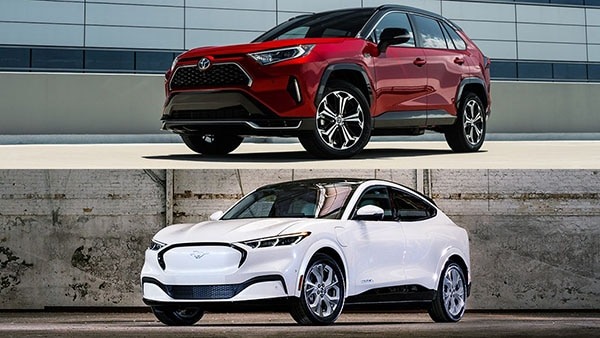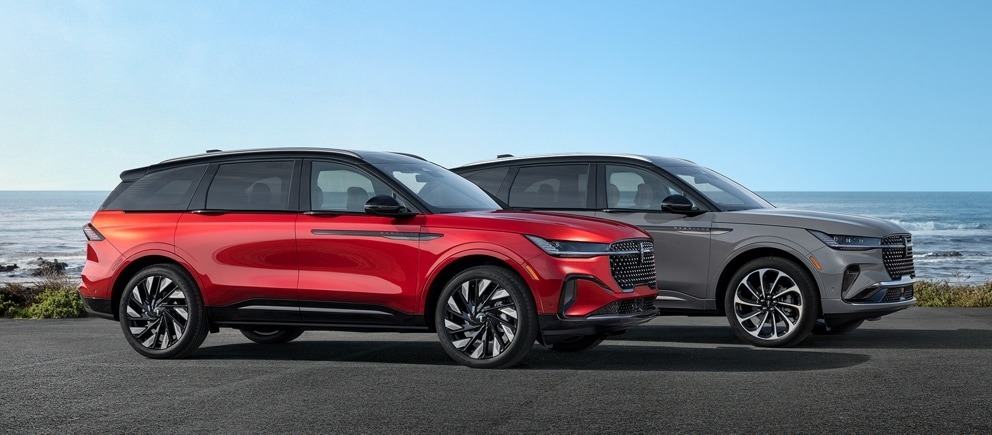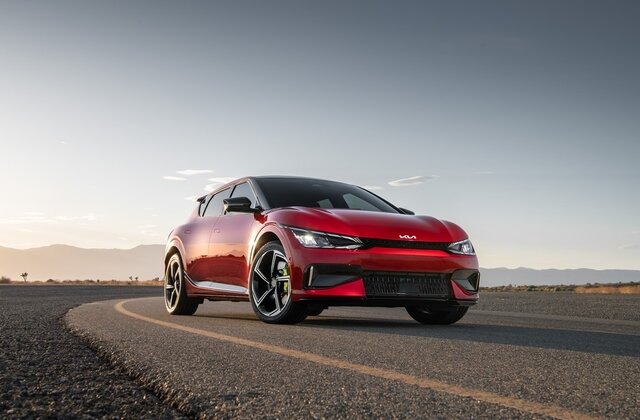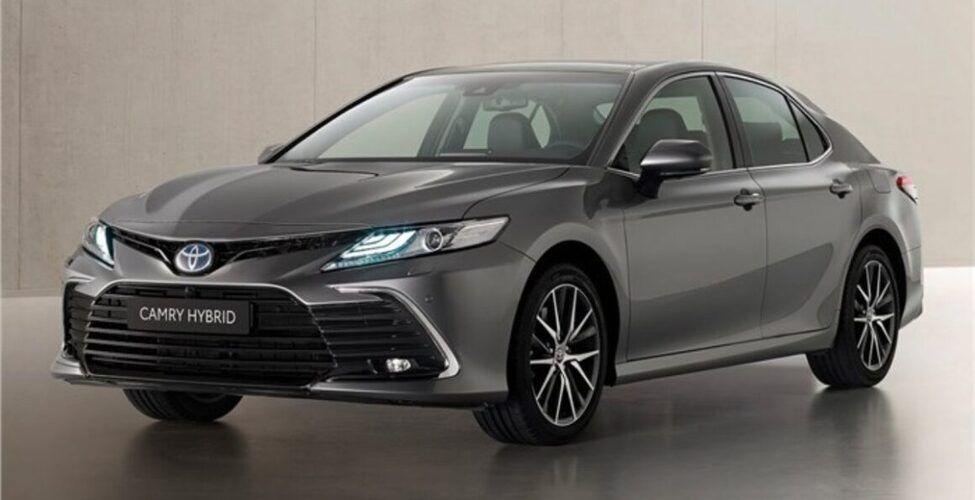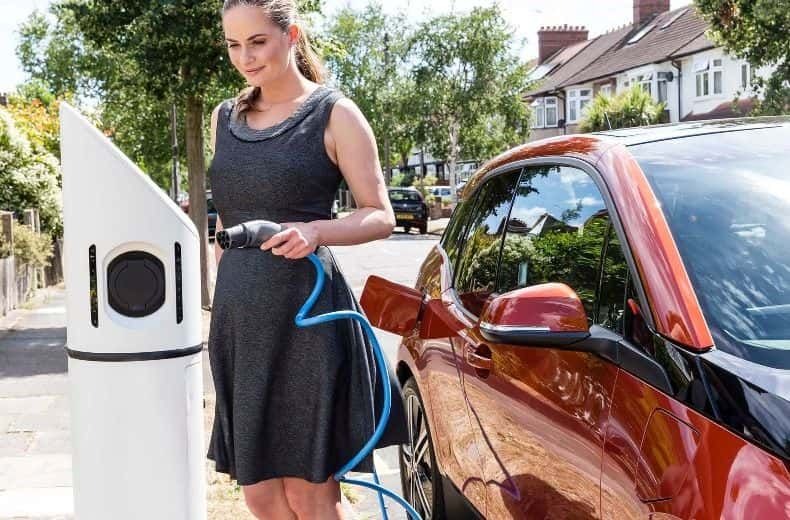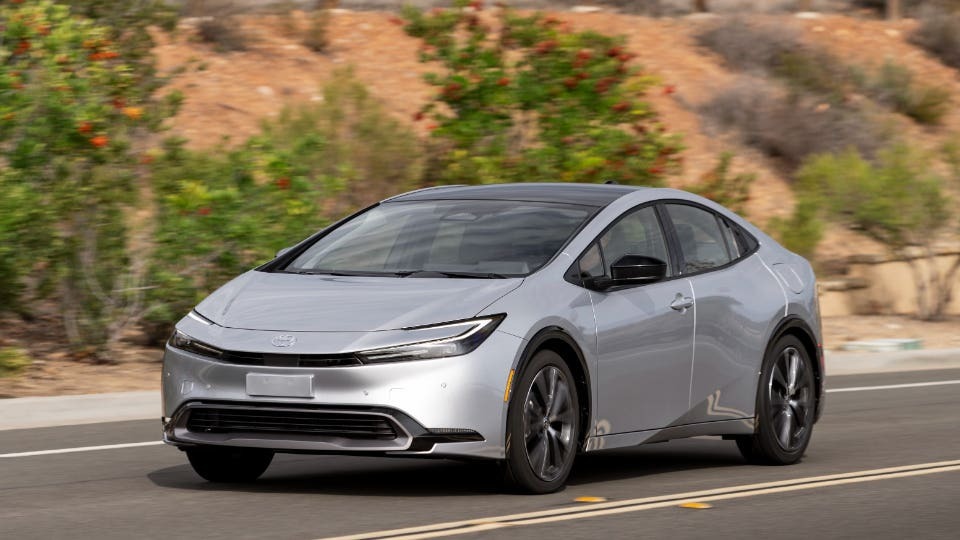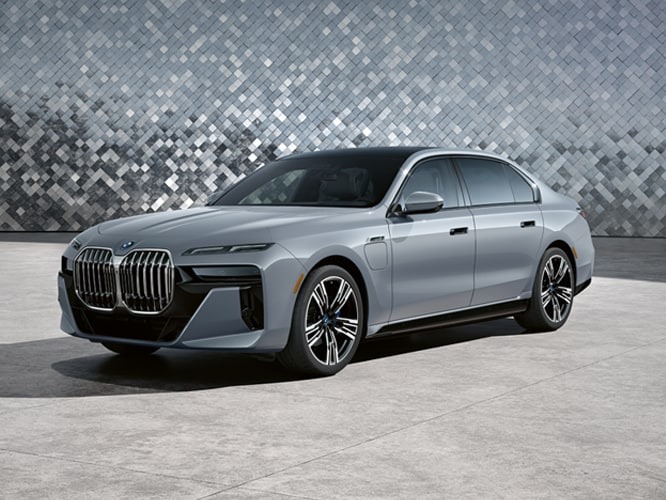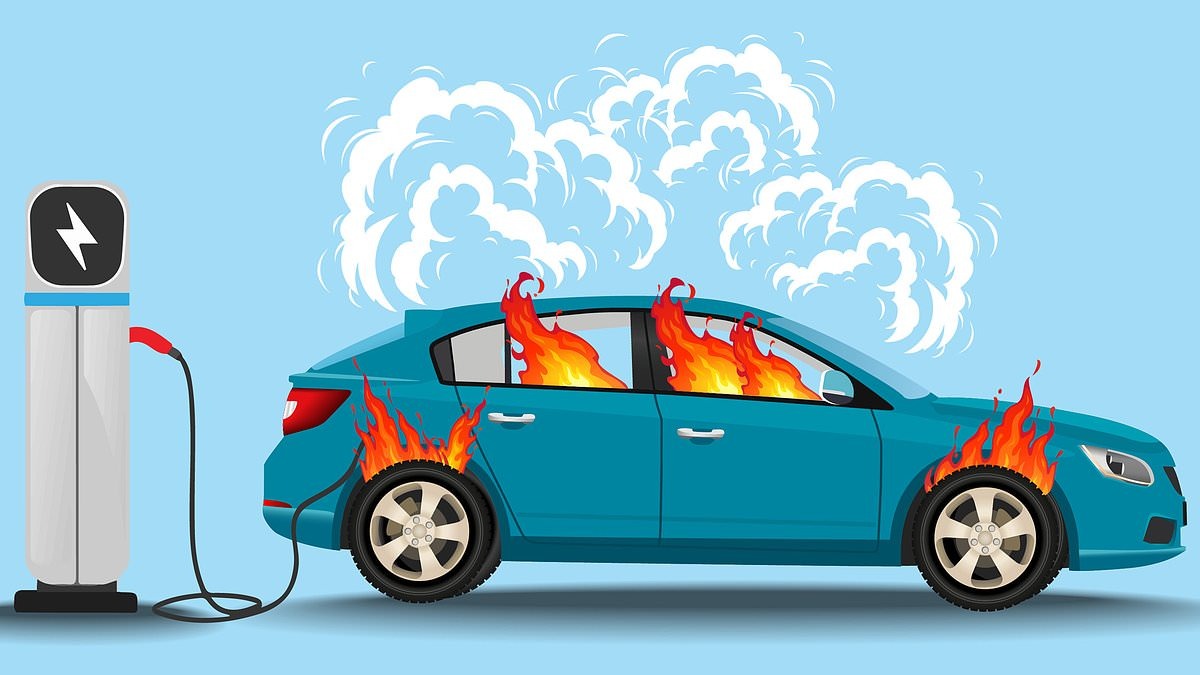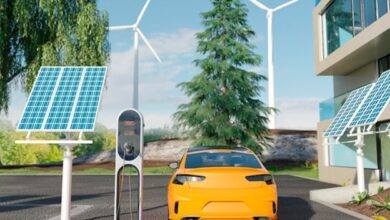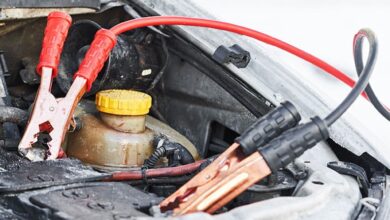Hybrid Vehicles: The Perfect Combination of Electricity and Fuel
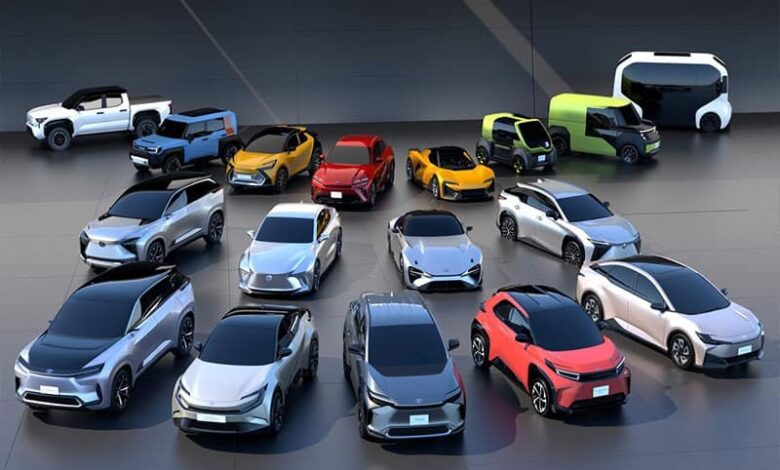
In the ever-evolving landscape of automotive technology, hybrid vehicles emerge as a revolutionary solution, seamlessly combining the efficiency of electricity with the reliability of traditional fuel. This dynamic synergy has paved the way for a new era in transportation, offering drivers an eco-friendly and cost-effective alternative.
At the heart of hybrid vehicles lies a sophisticated system that integrates an internal combustion engine with an electric motor, optimizing fuel consumption and reducing emissions. This ingenious pairing allows for a smooth transition between power sources, ensuring optimal performance in various driving conditions.
Join us in exploring the world of hybrid vehicles, where innovation meets sustainability. From regenerative braking to intelligent power distribution, we’ll unravel the intricate mechanisms that make these vehicles a perfect harmony between environmental consciousness and driving pleasure. Whether you’re a tech enthusiast, a conscientious driver, or simply curious about the future of mobility, the realm of hybrid vehicles promises an enlightening journey into the automotive landscape of tomorrow.
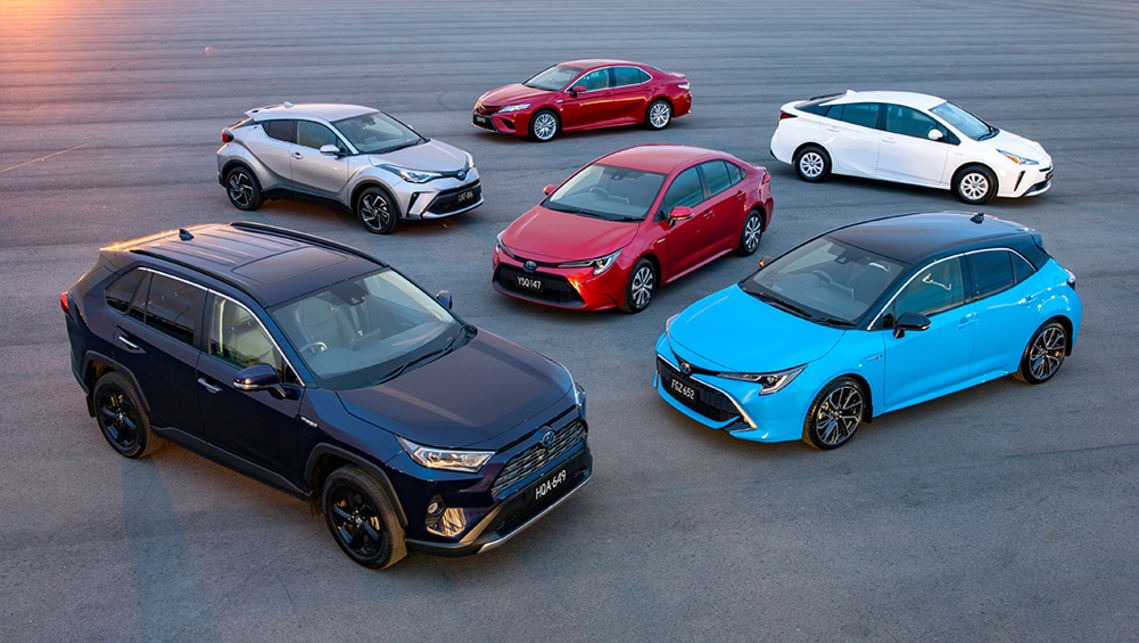
Contents
Understanding Hybrid Vehicles
Hybrid vehicles are automobiles that utilize two or more sources of power to propel themselves. The most common type of hybrid vehicle is the gasoline-electric hybrid, which combines a traditional internal combustion engine with an electric motor. The electric motor is powered by a battery pack that is charged through regenerative braking and the engine itself. This combination allows for increased fuel efficiency and reduced emissions.
How Do Hybrid Vehicles Work?
Hybrid vehicles operate using a sophisticated system that seamlessly switches between the electric motor and the internal combustion engine based on driving conditions. When starting the vehicle or driving at low speeds, the electric motor is primarily used. As the speed increases or additional power is needed, the internal combustion engine kicks in to provide the necessary power. The transition between power sources is smooth, offering a comfortable driving experience.
See more: Exploring the World of Classic Cars: A Timeless Fascination
Types of Hybrid Vehicles
There are different types of hybrid vehicles available in the market today. The most common ones include:
Parallel Hybrid
In parallel hybrids, both the electric motor and the internal combustion engine can drive the vehicle independently or simultaneously. The power from both sources is combined to propel the vehicle forward, providing optimum performance and fuel efficiency.
Series Hybrid
Series hybrids primarily rely on the electric motor to drive the vehicle, while the internal combustion engine acts as a generator to charge the battery pack. The engine does not directly power the wheels but instead provides electricity to keep the battery charged.
Plug-In Hybrid
Plug-in hybrids, also known as PHEVs, are similar to parallel hybrids but with a larger battery pack that can be charged by plugging into an external power source. This allows for extended electric-only driving range, reducing reliance on gasoline even further.
Advantages of Hybrid Vehicles
Hybrid vehicles offer several advantages over traditional gasoline-powered cars. Let’s explore some of these benefits:
Fuel Efficiency
One of the significant advantages of hybrid vehicles is their impressive fuel efficiency. By utilizing both electricity and fuel, hybrid cars can achieve higher miles per gallon (MPG) compared to conventional vehicles. This means less money spent at the gas pump and fewer greenhouse gas emissions.
Reduced Emissions
Hybrid vehicles produce fewer emissions compared to their gasoline counterparts. The electric motor assists in reducing exhaust emissions, resulting in improved air quality and a smaller carbon footprint. This is especially crucial in urban areas where pollution levels are high.
Regenerative Braking
Hybrid vehicles employ regenerative braking technology, which converts the kinetic energy generated during braking into electrical energy. This energy is stored in the battery pack and can be utilized later to power the electric motor. By harnessing this otherwise wasted energy, hybrid vehicles maximize their efficiency.
Silent Operation
When operating in electric mode, hybrid vehicles run silently, providing a quieter and more serene driving experience. This is particularly advantageous in urban environments where noise pollution is a concern.
Government Incentives
Many governments around the world offer incentives and tax credits to encourage the adoption of hybrid vehicles. These incentives can include reduced registration fees, tax deductions, or exemptions, making hybrid cars even more financially attractive.
Maintenance Considerations
While hybrid vehicles offer numerous advantages, it is essential to consider maintenance requirements:
Battery Lifespan
The battery pack in hybrid vehicles has a limited lifespan and will eventually need to be replaced. However, advancements in technology have led to longer-lasting batteries that can last for several years before requiring replacement.
Specialized Maintenance
Hybrid vehicles have unique components that may require specialized maintenance or repairs. It is crucial to find a qualified technician who is familiar with hybrid systems to ensure proper care of your vehicle.
Environmental Impact
Hybrid vehicles play a vital role in reducing environmental impact and combating climate change. By consuming less fuel and emitting fewer greenhouse gases, they contribute to cleaner air quality and help reduce dependence on fossil fuels.
Future of Hybrid Vehicles
As technology continues to advance, hybrid vehicles are expected to become even more efficient and affordable. Automakers are investing heavily in research and development to improve battery technology and increase electric-only driving range. With ongoing advancements, hybrid vehicles are set to play an increasingly crucial role in shaping the future of transportation.
Summing Up: Preserving the Gleam – The Secrets to a Shiny Car
Hybrid vehicles offer a perfect combination of electricity and fuel, providing improved fuel efficiency, reduced emissions, and enhanced performance. With their numerous advantages and positive impact on the environment, it’s no wonder that hybrid vehicles have become increasingly popular among consumers. As technology continues to evolve, we can expect even greater advancements in hybrid vehicle technology, making them an even more compelling choice for eco-conscious drivers. Embrace the future of transportation with hybrid vehicles!
See more at: Topcarr



